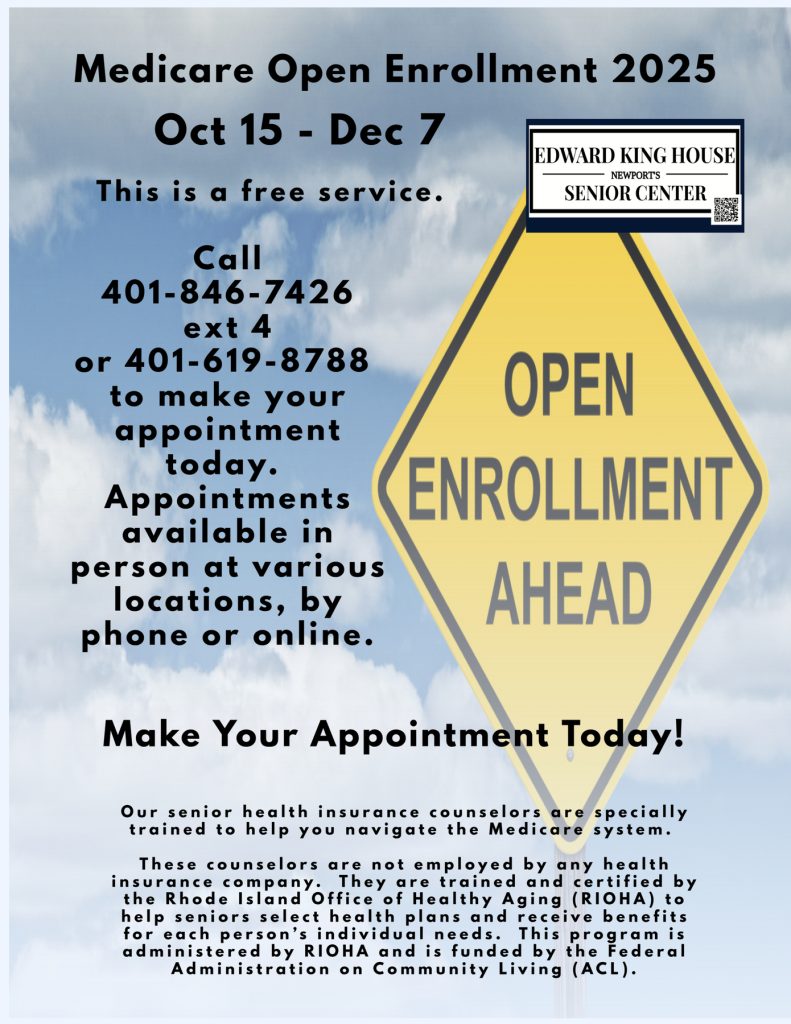

One reason that scammers target older adults is that they are less likely to report suspected fraud. If you think that you or someone in your life has been the target of a scam, contact the National Elder Fraud Hotline at 833–372–8311. You can also contact your local police department or the attorney general of your state or territory, and you can report the scam to the Federal Trade Commission.